Mauricio Pochettino: Analysing Tottenham's Progress During the Argentine's Five-Year Tenure

On 27 May 2014, Mauricio Pochettino was unveiled as Tottenham Hotspur's new head coach, joining the club from fellow Premier League side Southampton.
The world was rather different back then. Donald Trump was just a 'savvy' businessman, Thanos had yet to collect any of the infinity stones and Spurs had only ever featured in one Champions League campaign. Then the Argentine worked his magic.
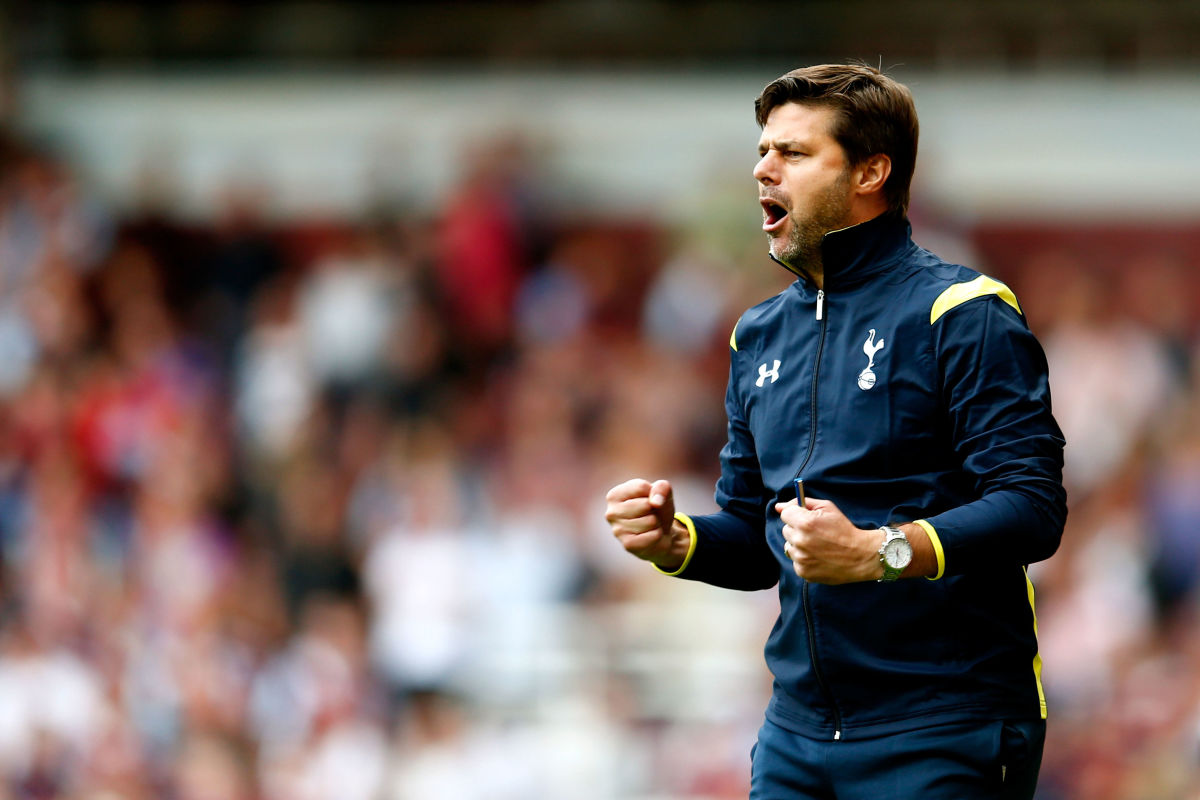
He may have had no impact on Trump's successful election bid nor on the Avengers' struggles against the forces of evil, but Pochettino instigated a miniature revolution in north London, transforming the Lillywhites into a formidable foe for any team to face.
When he signed the contract at White Hart Lane his new employers were in a bit of turmoil. Andre Villas-Boas had been given his marching orders the previous December and Tim Sherwood had underwhelmed after replacing him in the dugout - things were not rosy at the Lane.
It is not harsh to say Tottenham were noticeably weaker than their compatriots in the Premier League 'Big Six', finishing lowest in the league within that exclusive group of clubs.
A Champions League final appearance was just a pipe dream back then, yet now it is a reality. How has Pochettino masterminded this remarkable rise on a decidedly limited budget?
🗓️ 👔 #OnThisDay in 2014, Mauricio was appointed as our new head coach.
— Tottenham Hotspur (@SpursOfficial) May 27, 2019
Five years later he is preparing to lead us into our first @ChampionsLeague final. 🙌 #COYS ⚪️ #THFC pic.twitter.com/Tm7ca2D92Z
New personnel, tactical genius and diligence on the training field go a long way to explaining how Spurs grew into the beast they have become. Luck, too, played its part, but that is always the case with elite-level sport.
Shrewd purchases were essential for Pochettino as he moulded the perfect squad for his preferred style of play. In his first year since switching from the Saints he brought in Dele Alli for a bargain fee of £5m, with Eric Dier also amongst the new arrivals.
The 47-year-old took time tinkering and adjusting, his constant toying taking its toll as the side placed sixth in the league, conceding 53 goals in the process. In subsequent seasons, that would drop to 35 and then again to 26. That can largely be credited to the influence of Dier and the manager's other signings.
He demands aggressive pressing, defensive solidity and a dynamic, well-drilled midfield to wear down opponents. Regrettably, the likes of Ryan Mason and Nabil Bentaleb simply could not provide that and were moved on as a result.
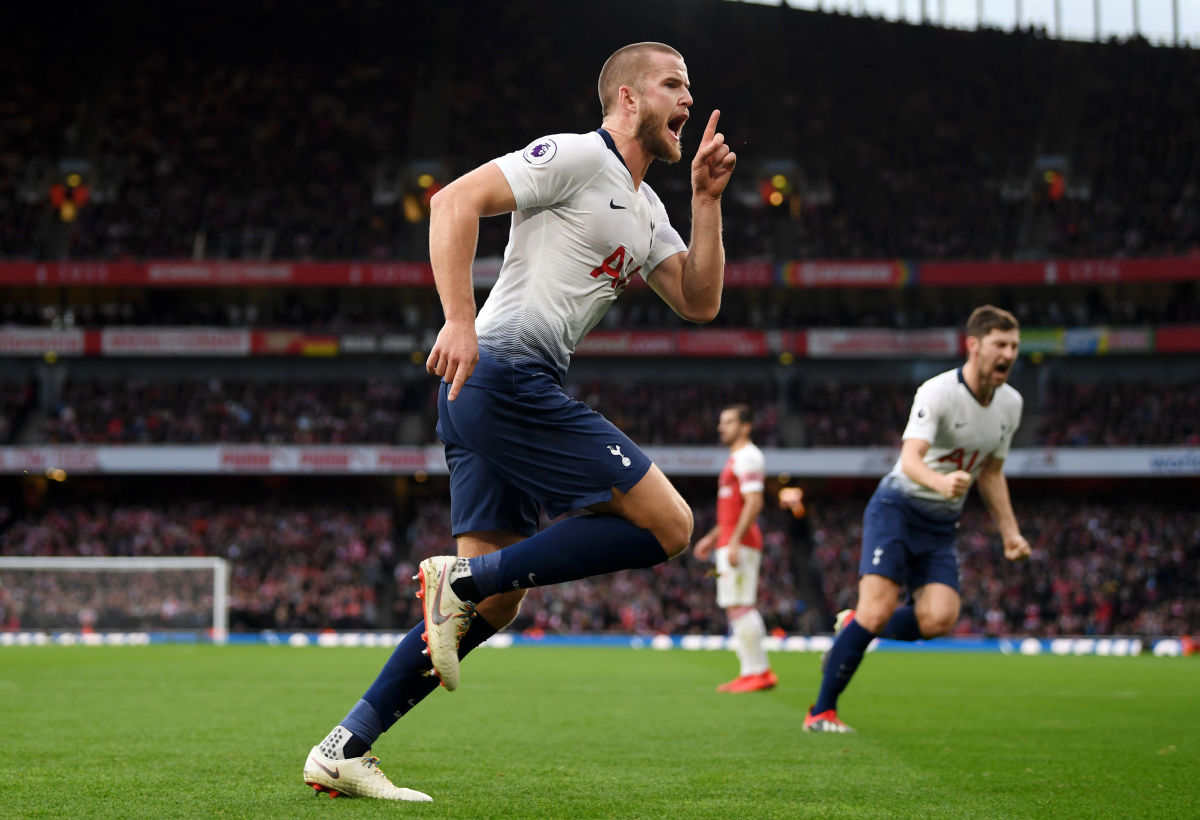
Dier, however, could play the way his coach wanted, the Englishman's shift upfield from central-defence coinciding with an upturn in performances for the whole team. With the acquisitions of Victor Wanyama and Moussa Sissoko soon after, Pochettino finally had his dominant, domineering midfield unit.
It cannot be overstated how important it was for the latter to get the correct players for his brand of football, such is its demanding and exhaustive nature. Energetic, athletic figures are required to undertake various tasks across the lineup.
Having bustling enforcers allows individuals with the class and skill of Christian Eriksen to entertain and thrill. Possession is won back with great haste before swiftly being handed to the playmakers.
Of course, it is not an easy style of play for a squad to learn and therefore, time was needed to understand the intricacies of it all. It's not a criticism of the coach; Pep Guardiola was hardly an instant success at Manchester City for the exact same reason, he just had a bigger budget to make changes sooner.
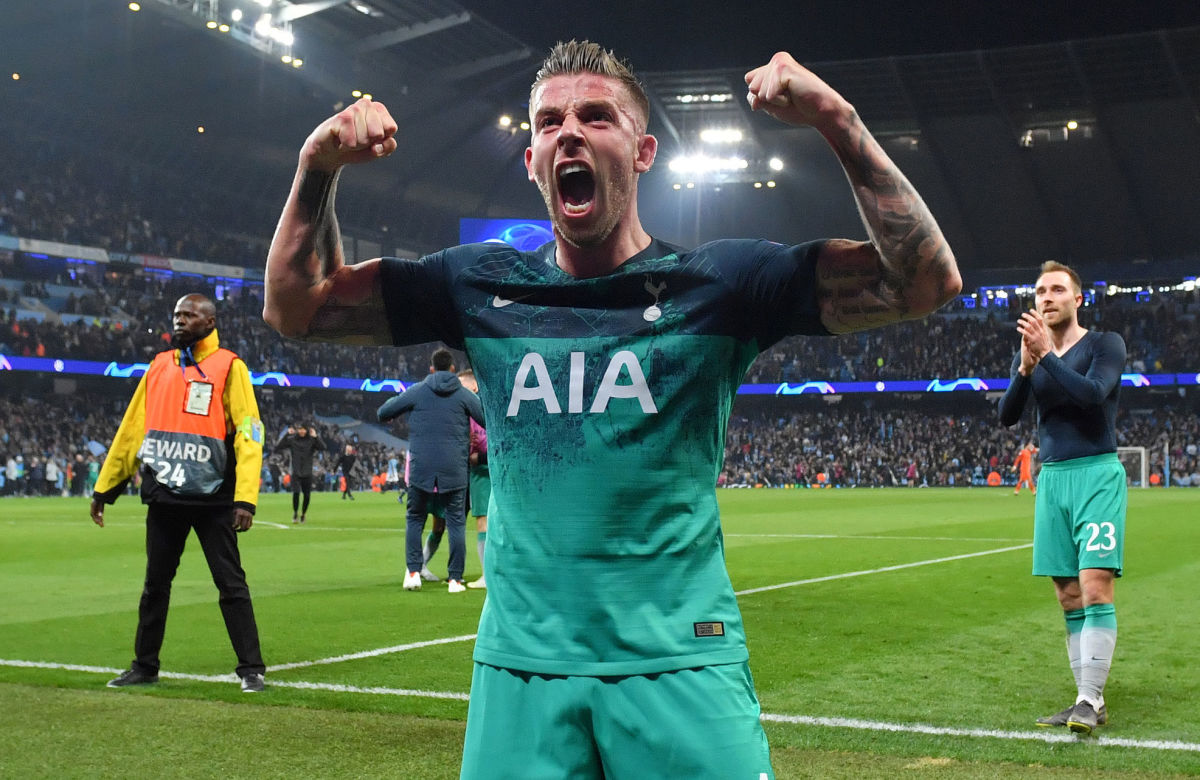
The statistics prove that as Pochettino gradually taught his understanding of the game to eager pupils at Tottenham, the team began to improve. In his second season at the helm, they led the chasing pack as Leicester City marched to an astounding title triumph, the Lilywhites finishing as runners up the following campaign to a trailblazing Chelsea outfit.
He was slowly bringing in the right personnel and keeping them well-versed in his football philosophy. In fact, the manner in which Pochettino builds his squads has been equally influential in helping Tottenham continue to progress.
The pool of players he regularly selects is noticeably smaller than that of other Premier League managers. Because of this, they are easier to teach and the bonds amongst team members are both deeper and warmer.
Having familiarity and camaraderie is crucial for producing the football Pochettino wants, simply due to the toll it takes on body and mind. Unity and pride help to mitigate the effects of fatigue, though they have also been beneficial for Spurs for other reasons.
Final instructions.#UCLfinal ⚪️ #COYS pic.twitter.com/t3qmih5BzD
— Tottenham Hotspur (@SpursOfficial) May 24, 2019
An accusation that is often levelled at Pochettino's cohort is that they have a fragile mindset, a tendency to bottle the big occasions. He has worked marvellously well to overcome the hoodoo and inject the team with confidence.
During the ex-Southampton boss' reign, Spurs have lost a League Cup final and semi, whilst also making the last four of the FA Cup twice. Add in two failed title tilts and it starts to become clear why rival supporters called them 'bottlers'.
Yet, they are now standing on the edge of immortality. They should have been dumped out of the Champions League at the group stages, only for a miracle to resurrect them.
Similarly, it looked for all the world that they would suffer heartbreak at the Etihad Stadium as Raheem Sterling slotted home the would-be winner in the quarters, only for VAR to save their skin.
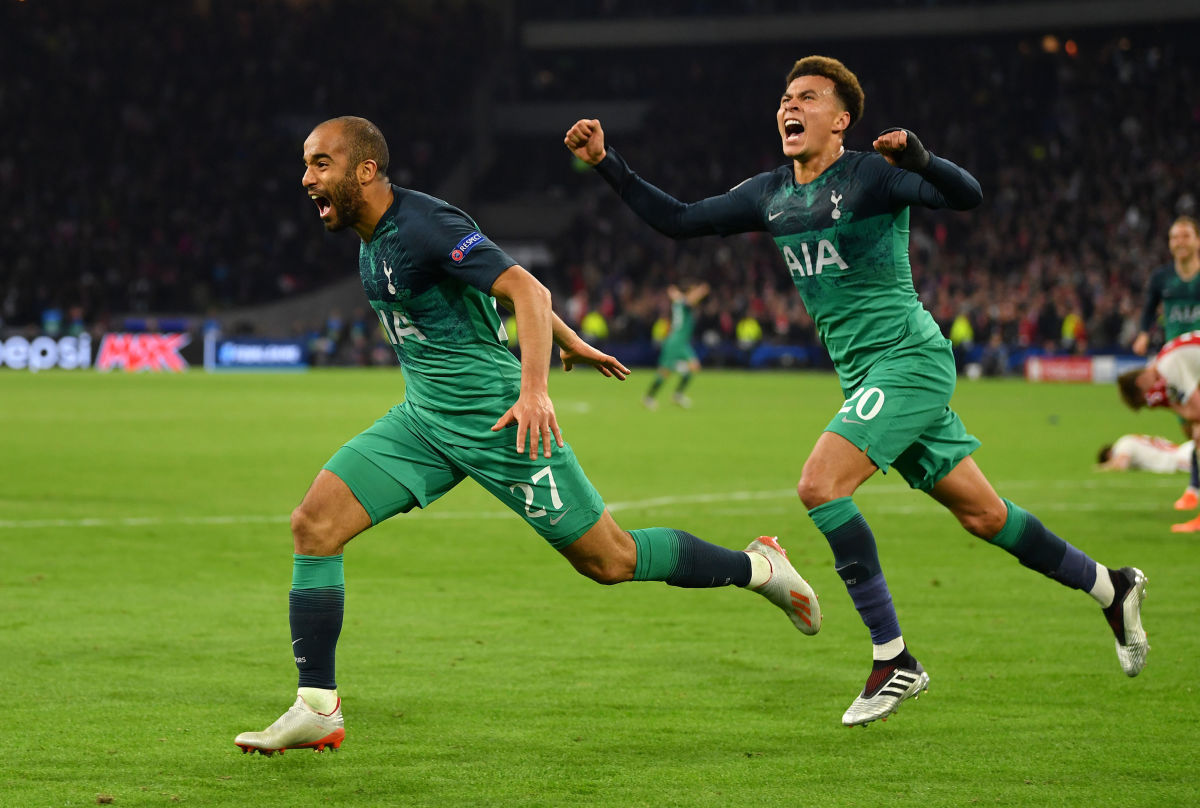
Finally, they were dead and buried with 40 minutes left of their semi-final clash with Ajax, only for a Lucas Moura hat-trick to set up the unlikeliest of comebacks.
Fortune has clearly smiled upon the club, but that does not detract from Pochettino's immense management skills. Yes, the emergence of Harry Kane has been hugely advantageous, but the marksman has been used to brilliant effect by his coach.
Even the issues that have come with constructing an expensive new stadium couldn't disturb the positivity within the Tottenham camp. Is it had happened five years ago this campaign would have turned into a nightmare.
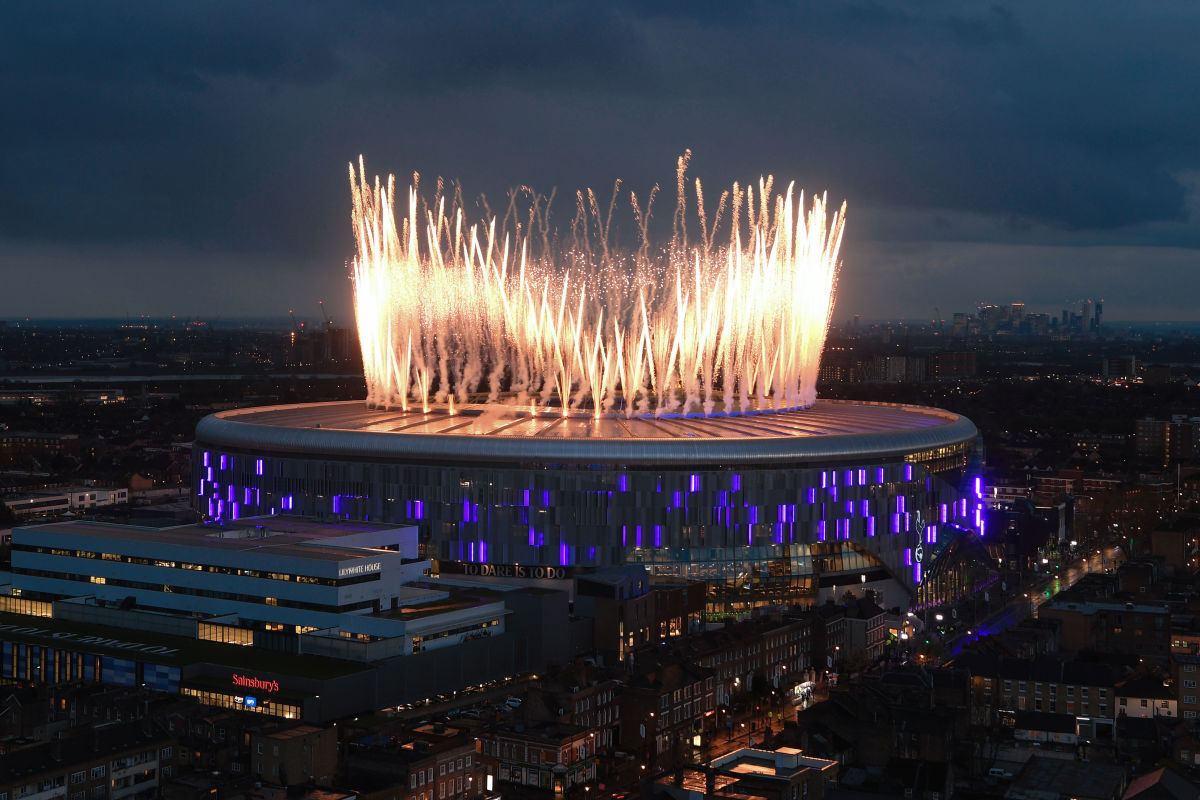
Pochettino has put intelligent organisation, superb attitude and self-belief on display for the club's fans. By the beginning of 2019/20 he could also have a European Cup to exhibit.
